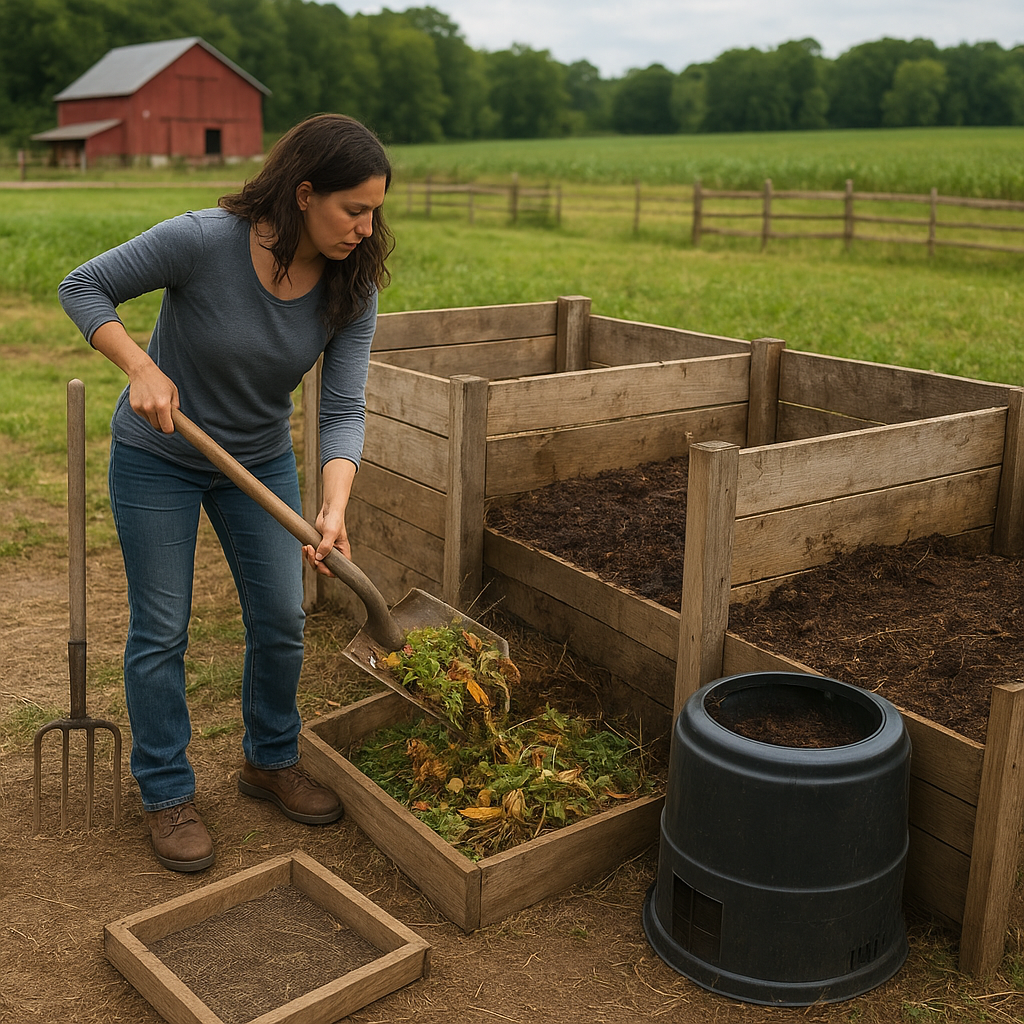The role of government policies in supporting small farmers is crucial for ensuring food security, promoting sustainable agricultural practices, and enhancing rural livelihoods. Small farmers often face numerous challenges, including limited access to resources, fluctuating market prices, and the impacts of climate change. Effective government policies can provide the necessary support to help these farmers thrive, fostering a more resilient agricultural sector. This article will explore the various ways in which government policies can assist small farmers, focusing on financial support, access to markets, and education and training initiatives.
Financial Support for Small Farmers
One of the most significant ways government policies can support small farmers is through financial assistance. This support can take various forms, including direct subsidies, low-interest loans, and grants. By providing financial resources, governments can help small farmers invest in their operations, improve productivity, and enhance their overall economic stability.
Subsidies and Grants
Subsidies are a common form of financial support that governments can offer to small farmers. These payments can help offset the costs of production, making it easier for farmers to manage their expenses. For instance, subsidies for seeds, fertilizers, and equipment can significantly reduce the financial burden on small farmers, allowing them to allocate resources to other critical areas of their operations.
Grants, on the other hand, can provide small farmers with the capital needed to implement innovative practices or technologies. For example, a government grant could enable a farmer to invest in sustainable irrigation systems or organic farming methods, which can lead to long-term benefits for both the farmer and the environment.
Low-Interest Loans
Access to affordable credit is another essential aspect of financial support for small farmers. Many small farmers struggle to secure loans from traditional financial institutions due to a lack of collateral or credit history. Governments can address this issue by offering low-interest loans specifically designed for small farmers. These loans can help farmers purchase necessary equipment, expand their operations, or cover unexpected expenses.
Additionally, some governments have established microfinance programs that cater to the unique needs of small farmers. These programs often provide smaller loan amounts with flexible repayment terms, making it easier for farmers to manage their debt and invest in their businesses.
Access to Markets
Another critical area where government policies can support small farmers is in facilitating access to markets. Small farmers often face challenges in reaching consumers and selling their products, which can limit their income potential. By implementing policies that promote market access, governments can help small farmers connect with buyers and increase their profitability.
Market Information Systems
One effective way to enhance market access for small farmers is through the establishment of market information systems. These systems provide farmers with up-to-date information on market prices, demand trends, and consumer preferences. By equipping farmers with this knowledge, governments can empower them to make informed decisions about what to grow and when to sell their products.
Furthermore, market information systems can help small farmers identify potential buyers and negotiate better prices for their goods. This increased transparency can lead to more equitable market conditions, benefiting both farmers and consumers.
Cooperatives and Collective Marketing
Governments can also support small farmers by promoting the formation of cooperatives and collective marketing initiatives. By banding together, small farmers can pool their resources, share knowledge, and access larger markets that may have been previously out of reach. Cooperatives can help farmers negotiate better prices for their products, reduce marketing costs, and improve their bargaining power with buyers.
In addition, collective marketing can enhance the visibility of small farmers’ products, making it easier for consumers to find and purchase locally grown food. Governments can play a vital role in facilitating the establishment of these cooperatives by providing technical assistance, training, and financial support.
Education and Training Initiatives
Education and training are essential components of government policies aimed at supporting small farmers. By providing farmers with the knowledge and skills they need to succeed, governments can help them adopt best practices, improve productivity, and enhance their resilience to challenges such as climate change.
Extension Services
One effective way to deliver education and training to small farmers is through agricultural extension services. These services connect farmers with experts who can provide guidance on various topics, including crop management, pest control, and sustainable farming practices. By offering tailored advice and support, extension services can help small farmers make informed decisions that lead to improved yields and profitability.
Moreover, extension services can facilitate knowledge sharing among farmers, allowing them to learn from one another’s experiences and successes. This collaborative approach can foster a sense of community and encourage the adoption of innovative practices that benefit the entire agricultural sector.
Workshops and Training Programs
Governments can also organize workshops and training programs focused on specific skills or topics relevant to small farmers. These programs can cover a wide range of subjects, from financial management and marketing strategies to sustainable farming techniques and climate adaptation measures. By equipping farmers with practical skills, governments can help them navigate the complexities of modern agriculture and enhance their competitiveness in the market.
Additionally, training programs can be tailored to address the unique challenges faced by small farmers in different regions. This localized approach ensures that farmers receive relevant information and support that aligns with their specific needs and circumstances.
Conclusion
Government policies play a vital role in supporting small farmers and ensuring the sustainability of the agricultural sector. By providing financial assistance, facilitating access to markets, and offering education and training initiatives, governments can empower small farmers to overcome challenges and thrive in an increasingly competitive environment. As the global population continues to grow, the importance of supporting small farmers will only increase, making it essential for governments to prioritize policies that foster their success.
Ultimately, a strong agricultural sector, supported by effective government policies, is crucial for achieving food security, promoting rural development, and ensuring a sustainable future for generations to come.




